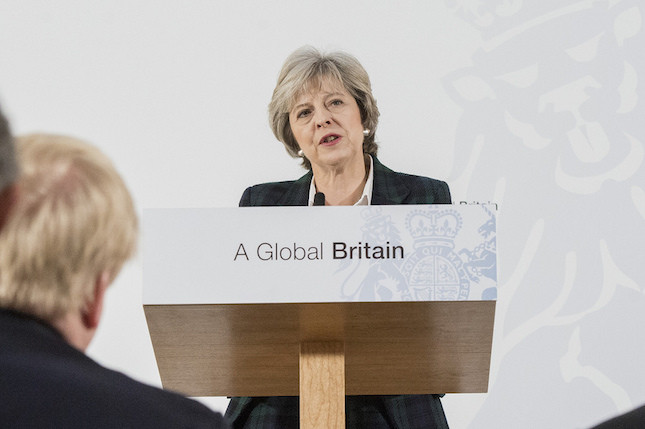The British government expects that the EU will offer reciprocal treatment for UK nationals (about 1 million) resident in its member states.
All 3 million EU citizens resident in Britain will have to apply for a “settled status” identity card after Brexit.
The paper, released on Monday 26 June, stated:
“Any EU citizen in the UK with five years’ continual residence at a specified cut off point will be able to stay with settled status. They will be treated as if they are UK citizens in regard to healthcare, education, benefits and pensions. And anyone without five years’ residence arriving before the cut-off date will be able to stay until they have five years’ residence and can apply for settled status.”
There will be an online process application that will give applicants the same “indefinite leave to remain” status as many non-European nationals who have also lived in Britain for five years. The cut-off date has yet to be determined, but will be between 29 March 2017 and the date of withdrawal from the EU.
Settled status
The new EU “settled status” residence document will essentially be an identity card, and there will be an entry on a Home Office central database. They will be free to reside in any capacity and undertake any lawful activity, to access public funds and services and to apply for British citizenship.
Irish nationals will not be affected, as they are protected by the common travel area. The rights of people in Northern Ireland to identify as British or Irish or both will be unaffected.
EU nationals who have applied for permanent residence status documents since the referendum – thought to number more than 150,000 – will be asked to apply again albeit in a streamlined process.
Those EU citizens who arrived and became resident before the specified date but who have not accrued five years’ continuous residence at the time of the UK’s exit will be able to apply for temporary status in order to remain resident in the UK until they have accumulated five years, after which they will be eligible to apply for settled status.
Those EU citizens who arrived after the specified date will be allowed to remain in the UK for at least a temporary period and may become eligible to settle permanently, depending on their circumstances – but this group should have no expectation of guaranteed settled status.
Period of blanket residence permission
In order to avoid a legal gap between the end of free movement rights and the point at which individuals apply for and obtain UK immigration status, the British government proposes to bridge this gap so that EU citizens (and their families) already living in the UK will be able to continue their residence despite not yet having obtained their longer-term permission to stay, and accompanying residence documents, from the Home Office.
A “period of blanket residence permission” will start immediately upon the UK’s exit from the EU. This will be a generic “umbrella” of temporary leave applying to all existing lawful EU residents (and their families), to give them a grace period between the moment that free movement ends and the time they obtain their residence document – allowing them to remain lawfully in the UK, and continue to undertake their lawful business during that interim period.
Crucially, the ECJ will have no jurisdiction in the UK.
The British government will seek similar arrangements with Iceland, Liechtenstein, Norway and Switzerland (the European Free Trade Association (EFTA) States).
The EU had already set out its position on citizens' right on 12 June 2017. Michel Barnier, the chirf Brexit negotiator, tweeted on Monday 26 June: "EU goal on #citizensrights: same level of protection as in EU law. More ambition, clarity and guarantees needed than in today's UK position."
